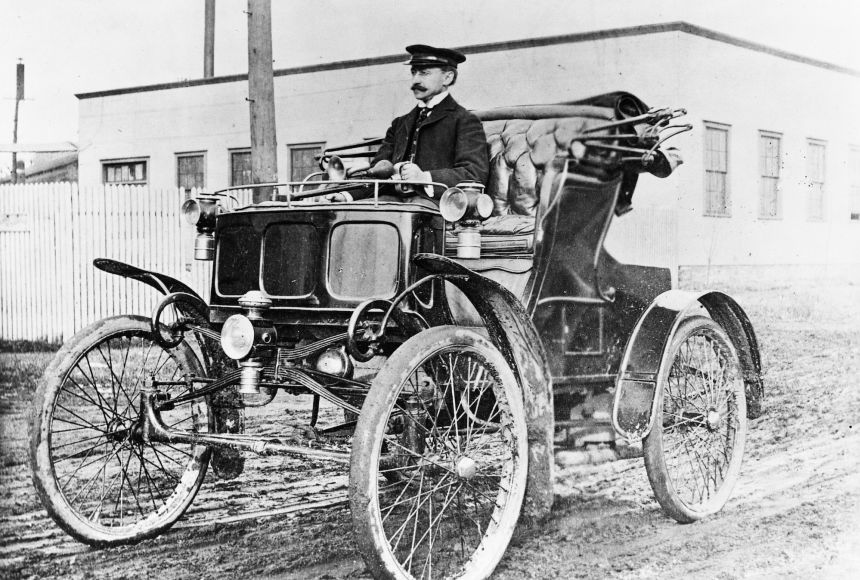The automotive world is one of the most fast-paced and exciting industries out there. From the invention of the first car to the rise of electric vehicles (EVs) and self-driving cars, the journey has been nothing short of remarkable. In this post, we’ll take a look at how cars have evolved, what’s happening in the industry today, and what we can expect in the future.
A Brief Look at the History of Cars
The automobile’s story began in the late 1800s when Karl Benz built the first gasoline-powered car in 1885. However, it wasn’t until Henry Ford introduced assembly line production that cars became affordable for the average person. The Ford Model T, released in 1908, is often considered the car that made driving accessible to the masses.
As time went on, the automotive industry saw some truly iconic cars, like the Chevrolet Corvette and the Ford Mustang, which not only showcased technical innovations but also became symbols of culture, freedom, and personal expression.

Modern Cars: Focus on Efficiency, Safety, and Tech
Fast-forward to the 21st century, and the automotive world started to prioritize efficiency, safety, and technology. With growing environmental awareness, fuel-efficient cars became a priority. The Toyota Prius, introduced in 1997, led the charge in hybrid vehicles, paving the way for eco-conscious driving.
At the same time, safety features like airbags, anti-lock brakes, and electronic stability control became standard. These advancements helped to reduce accidents and improve the overall driving experience. The integration of advanced entertainment and navigation systems further transformed how we interact with our cars.
The Rise of Electric Vehicles (EVs)
One of the most significant shifts in recent automotive history is the surge of electric vehicles (EVs). In 2008, Tesla made waves by releasing its Roadster, proving that electric cars could be not only eco-friendly but also fast and stylish. Since then, EVs have moved from a niche market to mainstream options, with almost every major automaker, including Ford, General Motors, and Volkswagen, jumping on the electric bandwagon.
Government incentives and a growing awareness of climate change have accelerated the shift to EVs, and experts predict that electric cars will dominate the market in the coming decades. As battery technology continues to improve, EVs are expected to become more affordable and practical for everyday drivers.
The Era of Autonomous Vehicles
While electric vehicles are a major trend right now, the future might be all about autonomous, or self-driving, cars. Companies like Waymo (a subsidiary of Google’s parent company, Alphabet) and Tesla are leading the way in developing vehicles that can drive themselves. Although we’re not quite there yet, autonomous technology is advancing quickly, and many believe it will revolutionize transportation.
Self-driving cars have the potential to drastically reduce traffic accidents, ease congestion, and provide mobility for those unable to drive. However, there are still challenges to overcome, including regulatory issues, safety concerns, and public skepticism. It’s also important to think about how this technology might affect jobs that involve driving, like delivery drivers and taxi services.

 Cart is empty
Cart is empty
Leave A Comment